Deciphering some tips on family planting of flowers and plants
[introduction] planting some flowers and plants to decorate homes and courtyards is now a mainstream behavior, and people can have fun through the process of planting flowers and plants, which can not only beautify the living environment, purify the air quality, but also help people to cultivate their character and improve their moral sentiment. However, there are always large and small problems in flower planting, so we should also learn how to deal with these problems in the process of growing flowers.
In many cases, domestic flowers and plants will have different diseases or insect pests, most of which are due to improper operation or failure to do so in our daily flower maintenance.
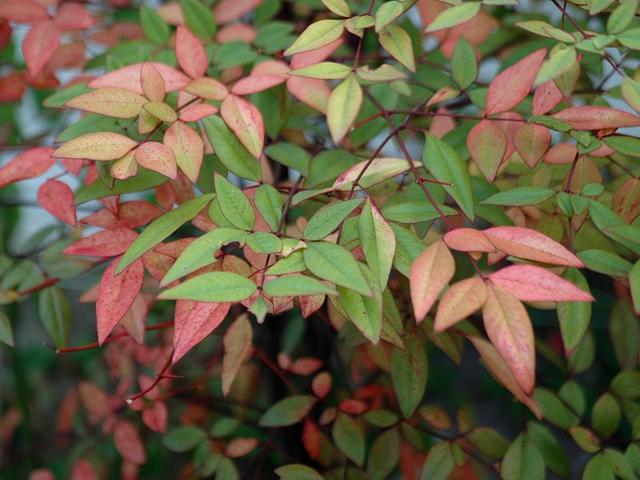
Why the leaves of potted flowers and plants turn yellow
One of the reasons is too much water. The basin soil has been too wet for a long time, resulting in lack of oxygen and root rot. After the injury, the young leaves turned pale yellow, and then the old leaves gradually turned dark yellow.
The second reason is drought and dehydration. Flowers missed watering or long-term watering half waist water, that is, the upper wet and lower dry, will cause the leaf color dim and dull, the leaves wilting and sagging, first the lower leaves aging, and turn yellow and scorched from the bottom up.
The third reason is the chronic lack of fat. Without fertilizing or changing the soil for a long time, there is a lack of nutrition in the soil, resulting in thin branches and leaves and yellow leaves.
The fourth reason is excessive fertilization. Excessive concentration of fertilization will lead to exosmosis of root cell fluid, separation of plasma wall, scorch at the edge of old leaves and even death of the whole plant.
The fifth reason is the heat. Flowers that like cool or shady flowers, such as orchids, cyclamen, and inverted golden bells, can easily cause scorch on the tips or edges of young leaves if they are placed in a high temperature place and let the sun shine directly.
The sixth reason is deficiency. Deficiency diseases such as potassium deficiency and magnesium deficiency can also cause yellowing of leaves.
The seventh reason is the harm of diseases and insect pests. For example, leaf spot disease, in severe cases, the whole leaf is withered and yellow and falls off. Red spider damage, local leaves and even the whole leaf withered and yellow.
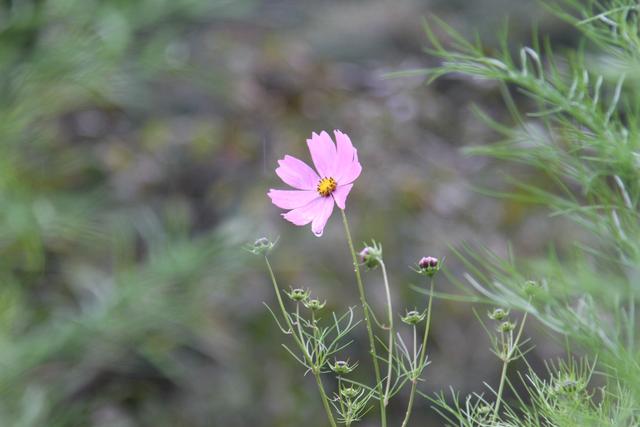
2. Fertilization methods for potted flowers and plants
Wheat rice stone fertilizer: sprinkle a layer of Maifan stone particles in the flowerpot to promote the growth of flowers and prolong the flowering period.
Broken egg shell fertilizer: crush the eggshell and bury it in the flowerpot, which is a good fertilizer to make the potted flowers grow luxuriantly and the leaves blossom.
3. Potted flowers and plants kill insects and ants
1. When small flying insects appear in the flowerpot, you can use three or four cotton cuttings (cotton sticks) to be fully dipped in dichlorvos, so as not to drip down, and then insert the end of the handle into the pot soil around the plant, and the flying insects can be eliminated.
two。 When ants appear in the flowerpot, cigarette butts and cut tobacco can be soaked in hot water for a day or two. When the water turns dark brown, part of the water will be sprinkled on the flower stems and leaves, and the rest will be diluted and poured into the flowerpot, and the ants can be eliminated.
3. In early spring, all kinds of flowers will enter the vigorous growing season, at this time, 1-3 times 1% Bordeaux liquid can be sprayed on the leaf surface and back to prevent diseases. The preparation method of 1% Bordeaux solution is as follows: 1 gram of copper sulfate, crushed and dissolved with hot water 50 ml; then 1 gram of quicklime, pulverized with a few drops of water, then added 50 ml of water to filter the residue; pour the two solutions into the same container at the same time and stir well, and finally form a sky-blue transparent Bordeaux solution.
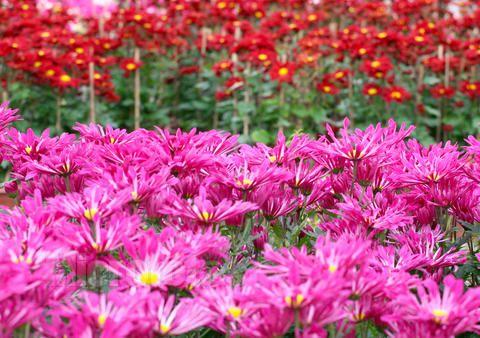
IV. Causes of soil hardening in flowerpots
1. The water used for watering flowers is hard, that is, it contains more calcium and magnesium ions. These insoluble compounds gather in the basin soil, which makes the basin soil hard and hardened.
two。 Improper use of chemical fertilizer, such as calcium-rich soil, the application of ammonium sulfate will make the basin soil.
3. Some people like to water flowers with soy milk, milk and egg white. this unfermented protein is not only not absorbed by plants, but also causes soil consolidation.
Fifth, the correct watering method of potted flowers and plants
1. The cushion basin watering method is contrary to the ordinary watering method, putting the flowerpot into a large clear water basin to make the water wet the soil through the bottom of the basin, which is good for preventing soil consolidation and good for root development, but the salt in the soil will rise with the water. accumulate on the soil surface and basin edge, easy to damage the nearby rhizome. Therefore, the watering of potted flowers should be carried out alternately by two methods: cushion basin watering and ordinary watering.
two。 Sand column watering method in the flower basin or change the basin, first insert a few hollow bamboo tubes or metal tubes in the empty basin, then fill the soil and compaction, then fill the empty pipe with coarse sand, and finally pull out the empty pipe, and form a sand column in the basin. The number of sand pillars depends on the size of the flowerpot. In the future, only water is watered at the sand column, so that the water spreads evenly to the surrounding basin soil through the sand column. this method can avoid soil consolidation and has no side effects on plant growth.
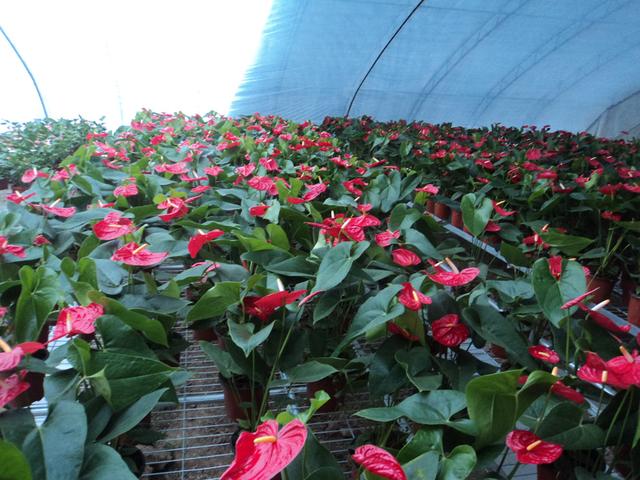
The above introduces some fairly comprehensive small knowledge and skills of planting flowers and plants, and problems are inevitable in the process of cultivating flowers and plants. Don't worry at this time, you must be calm and calm, and you can cure the symptoms of these diseases and insect pests by dealing with them rationally.
Follow WeChat account: xiaobency shares around 9: 00 every day, and ten thousand people listen to it.
- Prev
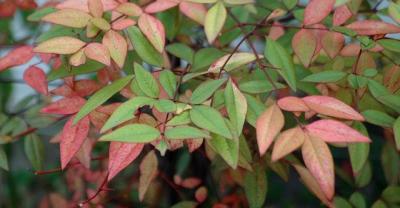
You are sure to encounter the problems of citrus planting!
Today to organize the training session questions to share: we put the questions on Youguo Master app, there are a lot of questions, especially suitable for citrus growers to check.
- Next
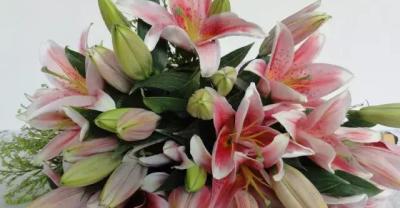
Planting method and Propagation of Flowers-- Cymbidium
Ball orchid, a perennial vine herb, its flowers are like spherical umbrellas, strange and elegant in shape, and send out charming fragrance.
Related
- Fuxing push coffee new agricultural production and marketing class: lack of small-scale processing plants
- Jujube rice field leisure farm deep ploughing Yilan for five years to create a space for organic food and play
- Nongyu Farm-A trial of organic papaya for brave women with advanced technology
- Four points for attention in the prevention and control of diseases and insect pests of edible fungi
- How to add nutrient solution to Edible Fungi
- Is there any good way to control edible fungus mites?
- Open Inoculation Technology of Edible Fungi
- Is there any clever way to use fertilizer for edible fungus in winter?
- What agents are used to kill the pathogens of edible fungi in the mushroom shed?
- Rapid drying of Edible Fungi

